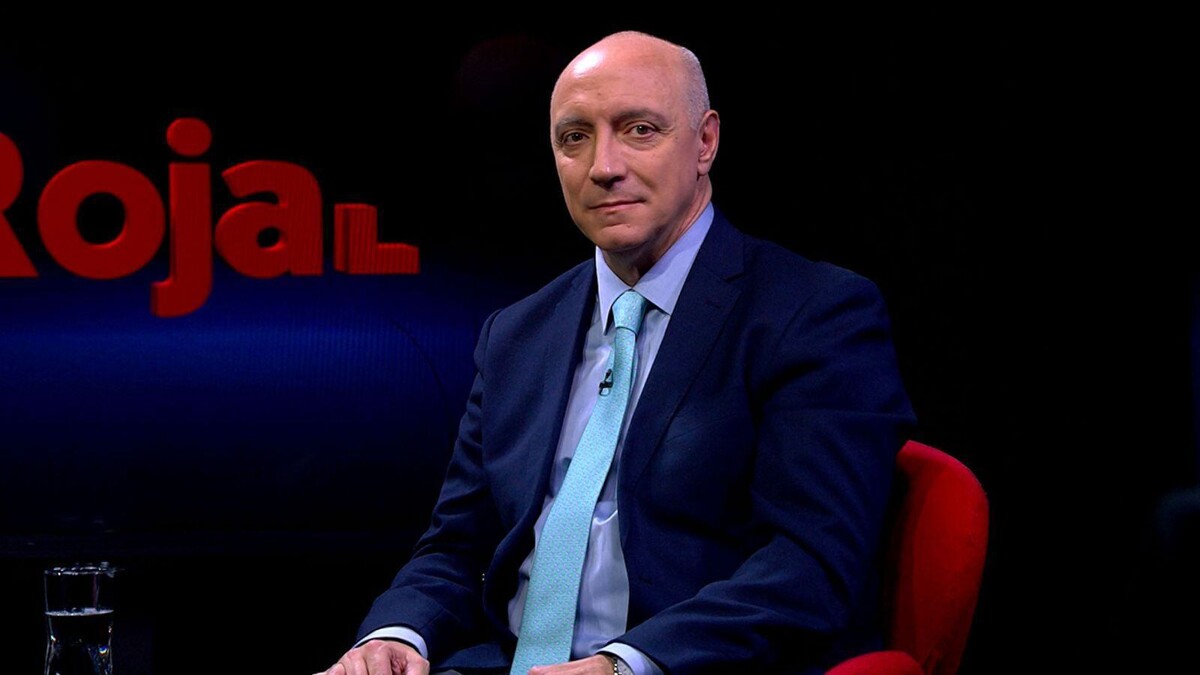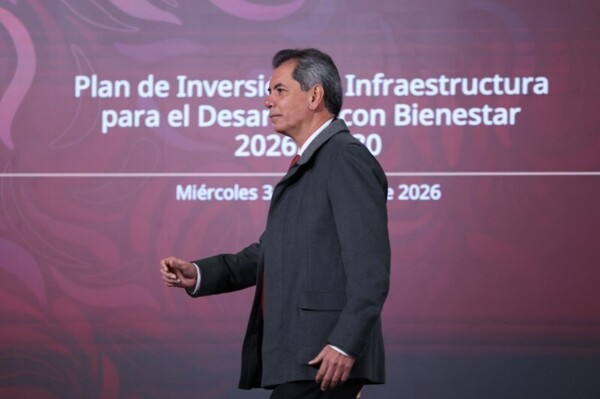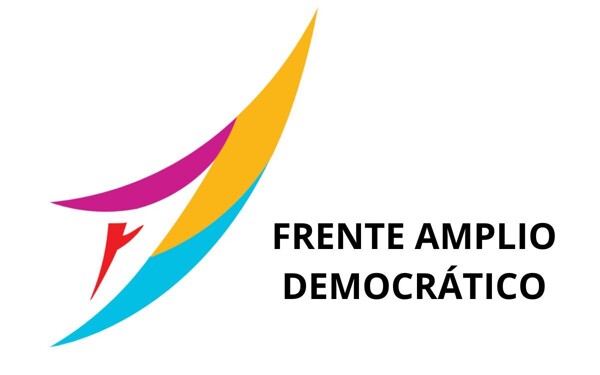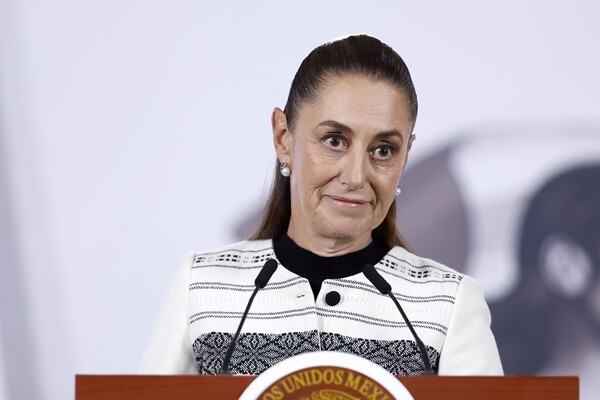
Experts, academics, and judges who criticized the judicial reform now face a new dilemma, said Miguel Carbonell, director of the Carbonell Center for Legal Studies. Despite the criticisms of the reform, Carbonell highlighted the resignation they feel, as the judicial election is a fact and they must decide how to act. In this context, the question arises whether it is advisable to promote citizen voting, inform about the profiles and functions of the candidates for an informed electorate, or simply not intervene and let the process run its course. Carbonell acknowledged the complexity of the situation, as participation could legitimize a questioned process from the beginning. The expert emphasized the importance of an informed vote, recalling the democratic struggles in Mexico that advocated for citizen participation in elections to ensure the transparency and legitimacy of the process. In contrast, he stressed the danger of possible intervention in the elections, which would create uncertainty about the results. For Carbonell, the main challenge of this first election of judges, magistrates, and ministers lies in educating citizens about the role of the Judiciary. He pointed out the general lack of understanding about the work of specialized courts and tribunals. Citing a recent survey, where 44% of respondents mistakenly asserted that the Judiciary receives complaints, Carbonell highlighted the importance of correcting this perception to prevent possible interference in the electoral process.














